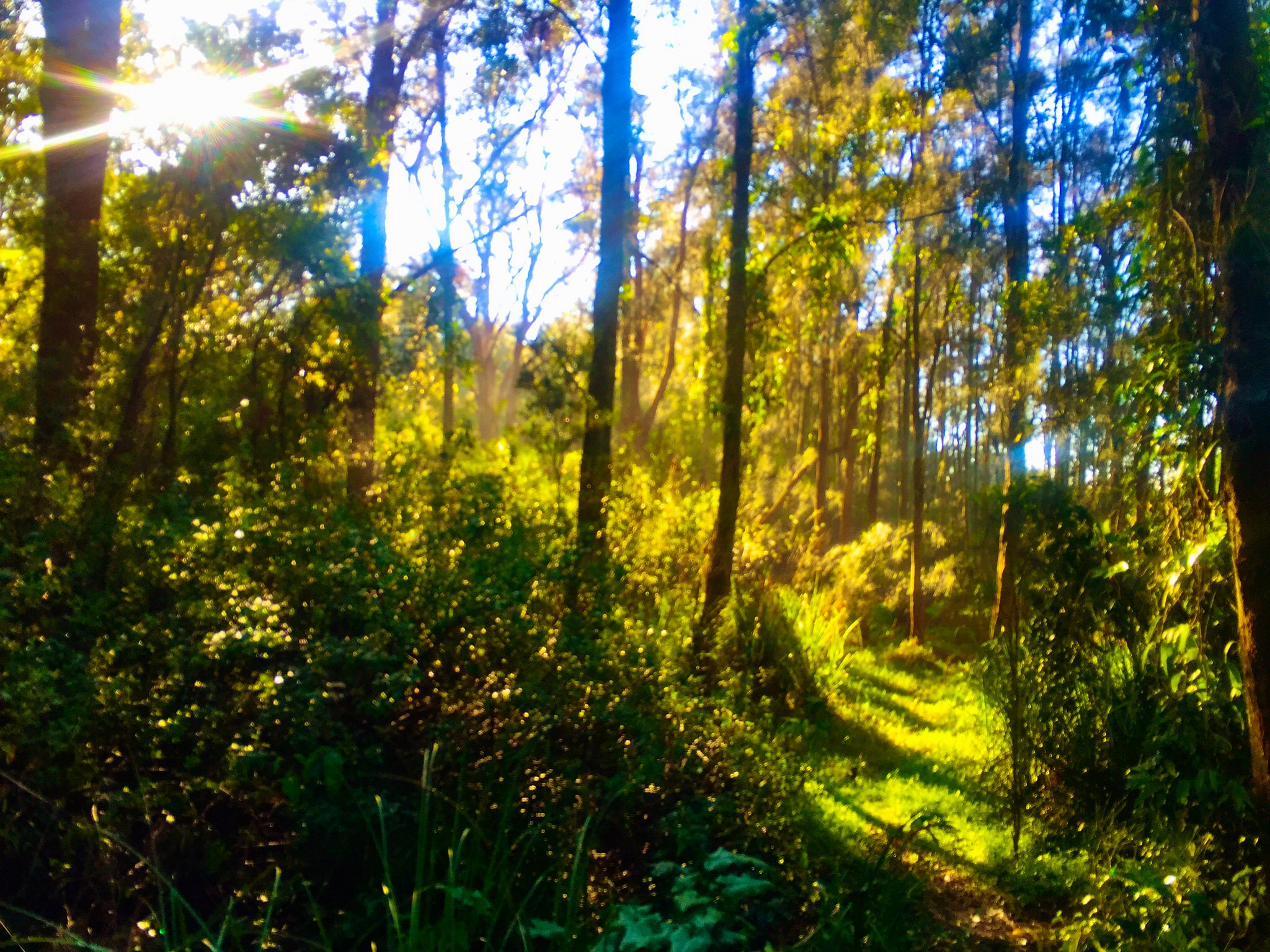You gave me your wildest no.
Thank you, I said.
I will keep it forever.
I will put it in a little box
and carry it across rivers
on top of my head
at daybreak.
I will bury it and dig it up
Bury it and dig it up.
Take it for a walk on the path
ignoring the rolling of eyes.
I had big plans for your no.
But it was so wild
I had to tame it first.
I said no to the no.
I told it to go to its room
or else.
Where it grew into a wilderness
which threatened to kill me
if I didn’t enter it.
In this wilderness
the only defense
was defenselessness.
Go to your room, it said, or else.
So I went.
And found many rooms.
Every form of death
to lie down in and get up from—
refreshed.
At first I felt sorry for my name.
How it was always drowning
in your mouth. Code for
“I’m going under.”
Then I realized I could always try
to have you. And that
could be a joke between us.
Isn’t it always funny
to see a knight visor-down
swiping at trees in a wood
shaggy hemlocks in the tart air?
(What a fool—)
and yet it seems wise
to align oneself with no.
The word that will survive
all other words.
When I say it I get
a strong sense of déjà vu.
As if I am flowering in a copse.
Or have already become
the leaves some knight
is now slicing through.
I imagine myself alone
but in pieces. Companionable.
Golden flakes shuttering
all the way to the ground.
Not lonely at all.
What I could do with your no.
It is a gift so precious
so precious, I cannot accept it.
Click here to read Tanya Larkin on the origin of the poem.
Image: “Golden Hour” by Sean Riley, licensed under CC 2.0.
- Get Off My Lawn - September 13, 2020
- My Nature - August 21, 2020


